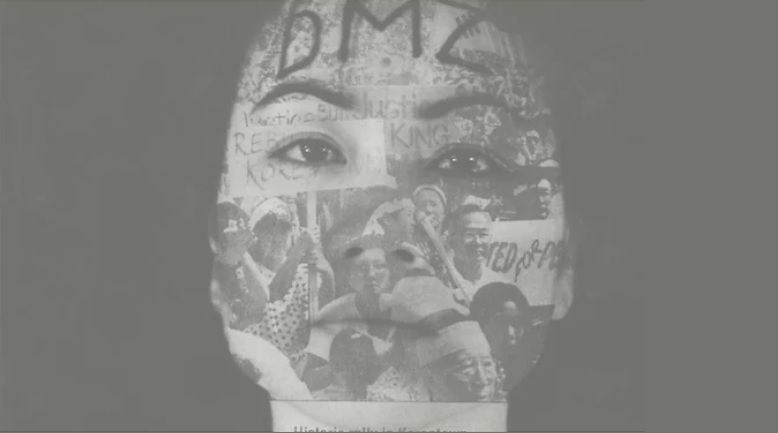On July 27, 1953, after three years of armed conflict that claimed the lives of more than three million civilians, the United States and North Korea ensured a halt to the war on the Korean Peninsula until a final peace agreement was reached. signed an armistice to Not yet achieved. In other words, technically speaking, the two countries are still at war.
In the 80th year of this endless war, the Educational Group to End the Korean War (EKW) emphasizes the need for political education as a means of anti-imperialist action against persistent wars in militarized regions spanning the Korean Peninsula and the Civil War. We have planned a series of events to explore this. A Pacific Ocean of Nonviolence.
On April 4, the University of Maryland in the United States hosted a discussion on “The Critical Geography of the Endless Korean War: From Pyongyang to Vieques,'' in which leading professors and activists discussed the “militarized Korean War'' and the “Militarized Korean War.'' Exploring ways to unravel the continuum between the militarized Korean War. “Space” from the 38th parallel to discrete areas beyond the Korean Peninsula. How to understand the different scale geographies of the Korean War. and where the effects of war lie, and how it converges, disintegrates, and negotiates the macro and micro effects of imperialism.
This is followed by a second panel titled “Political Education Against Empire Now.” This panel will focus on the perspectives of young scholars from the Korean War End Education organization and political organizers and activists from the group Act Now to Stop the War and End Racism. A) The Union and Nodutdol, which brought together research and political activities with the aim of dismantling the empire.
Rather than understanding the Korean War as a specific past event for Korea and Koreans, these sessions provide an analysis of the broader structural effects across the Pacific of nonviolence, which is rarely equated with the war itself. is intended to produce.
This symposium will examine the biopolitical aftermath of the Korean War (family separation, the international adoption industry, militarized prostitution, queer diaspora, and race relations in the United States) and the geography of its shadow (Guohan, South Korea) through a prismatic lens. provide a new perspective. , Hawaii, the Philippines, Puerto Rico), and the importance of its infrastructure (military-industrial complex, national security state, base empire, imperial university).
The call is to jointly build a multifaceted approach to ending the Korean War once and for all through critical education in academia and community organizing.
The day after the session at the University of Maryland (UMD), political activities will be held at the Korean War Memorial on the National Mall in Washington, DC.
In collaboration with the Act Now to Stop War and End Racism (ANSWER) Coalition and Nodutodol, this action provided participants with important context for the national memory enshrined at the Korean War Memorial. It will provide another perspective.
This action incorporates the previous day's discussions on political education and human rights, rather than a US-centric imperialist commemoration that avoids the war's asymmetrical brutality, ongoing nature, and far-reaching impact. .
Meanwhile, the Korean people, like all other peoples colonized by the desire for wealth, power, and geopolitical calculations, long for an end to this war and all wars.


